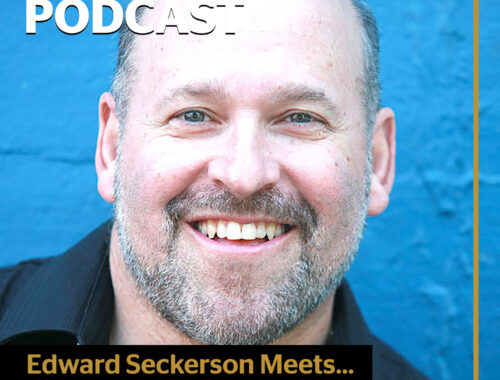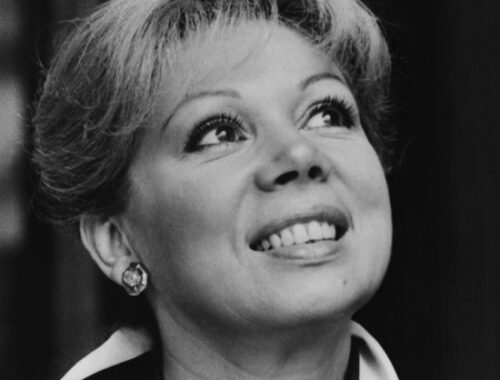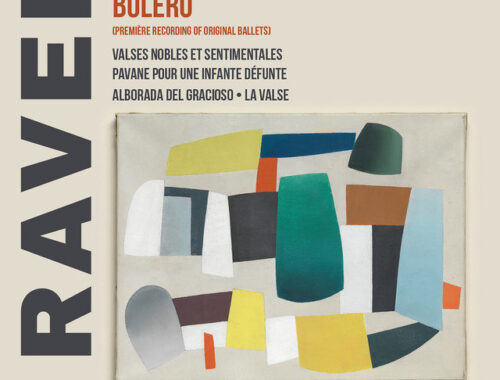MONDAY 18TH JANUARY 2010 DMITRI HVOROSTOVSKY & ANNA NETREBKO ***
Royal Festival Hall
They made for an interesting couple: he, svelte and knowing, his black velvet tails and shock of silver hair suggesting he might briefly have taken leave from Twilight or some other nocturnal vampire tale; she, girlishly innocent and ripe for his attentions. He had maturity on his side, she a completely fabulous instrument and the joy of just simply singing. But not even Dmitri Hvorostovsky and Anna Netrebko could turn an operatic pick-and-mix evening into more than the sum of its parts. From Russia with love, certainly, but how seduced were we by the gift-wrapping?
They both opted for difficult openers. Hvorostovsky chose Wolfram’s “Abendstern” (“O Star of Eve”) from Wagner’s Tannhauser and not even his famed technique could disguise the fact that this difficult legato sits on the fault-line of the voice between chest and head. And why was he smiling, no beaming, so benignly? That’s the problem with removing operatic arias from their dramatic context: suddenly it’s all about putting your best face and voice forward and making an impression for that moment only – a snap-shot, nothing more.
Netrebko arrived with Strauss’ ecstatic wedding gift to his wife Pauline – the love song “Cäcilie” – delivered in gorgeous tone and terrible German. Again the words seemed secondary to a more generalised preoccupation with making a truly grateful sound – and that she did. The evenness and creaminess of that sound throughout the vocal compass is not given to many. But then again the “cover” of the sound can and did dull the sparkle of Marguerite’s “Jewel Song” from Gounod’s Faust. Trills and roulades were somewhat occluded where they need to twinkle knowingly and I’m not sure Netrebko really understood the irony implicit in the number any more than she understood the effect of the ache in the phrasing of “Song to the Moon” from Dvorak’s Rusalka. But she sure knew that the money note was the high B natural at the close.
Hvorostovsky had his “Faust” moment, too, and if you are going to “sell” Valentin’s “Avant de quitter ces lieux” (an eleven o’clock number if ever there was one) then this is the way to do it – with burnished legato and heart-swelling climaxes. His other big party piece (and this really does sit well on its own) was Yeletsky’s Aria from Tchaikovsky’s La Pique Dame – and the long-breathed way it slipped off the vocal chords (his breath control really is second to none) was as good a reason as any for being there.
Actually, the duets were, too. Two extended scenes from Leoncavallo’s I Pagliacci and Tchaikovsky’s Eugene Onegin gave the chemistry between them a chance. Nedda and Sylvio’s close encounter was shrouded in uncertainty, the inevitable kiss furtively illicit, while the scorching final encounter between Tatyana and Onegin was full of the passion that comes too late, its still centre of regret touchingly caught by both artists.
It’s easy to overlook the orchestra and conductor on these starry showcase occasions – but Lawrence Foster and the Philharmonia Orchestra did a good job with the orchestral “grouting”, Foster bolstering up his stars and even playing hard to get when Netrebko began her now signature flirtations with Lehar’s “Meine lippen sie kussen so heiss”. Hvorostovsky’s answer was to smoulder provocatively with “Moscow Nights”. And I was thinking Twilight again.


